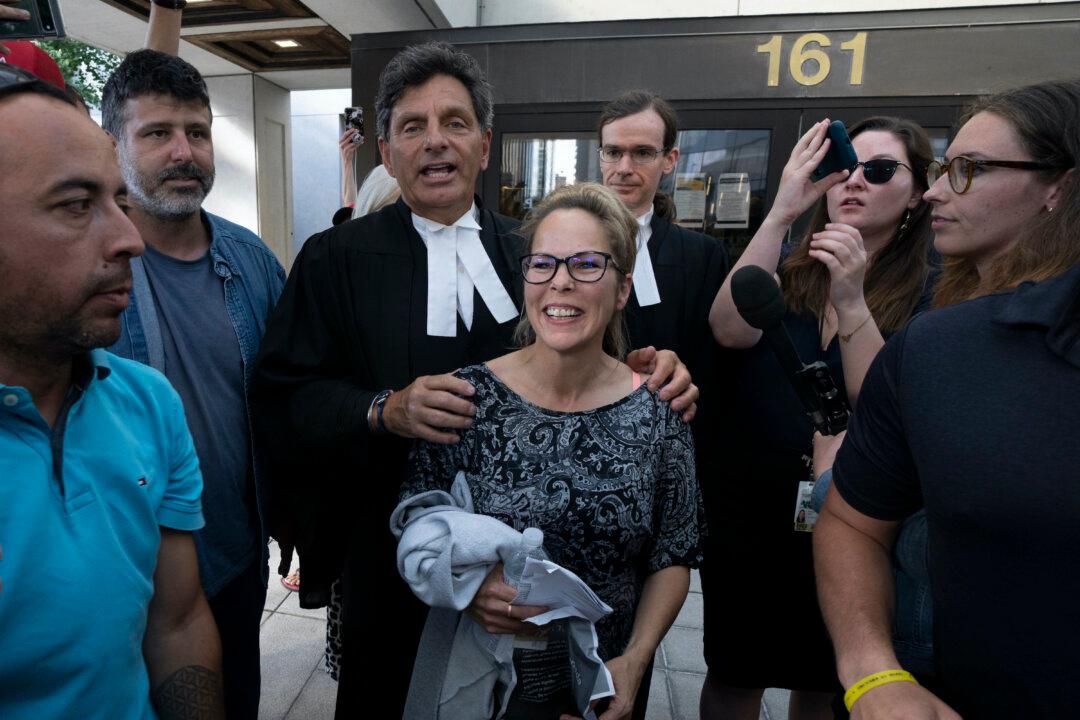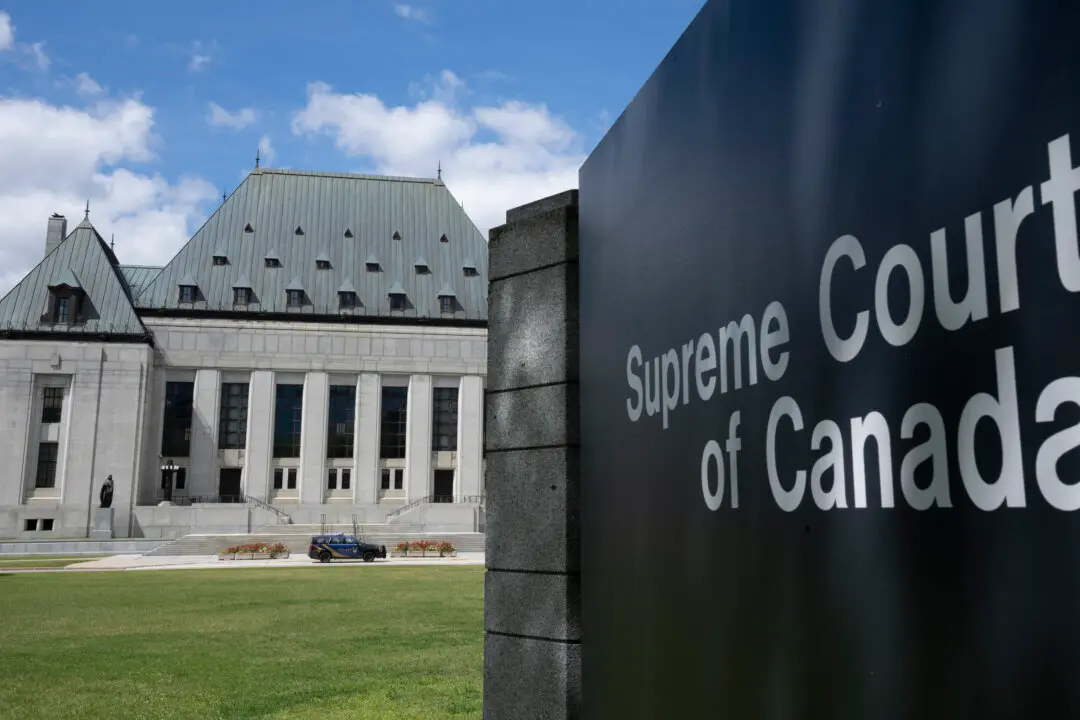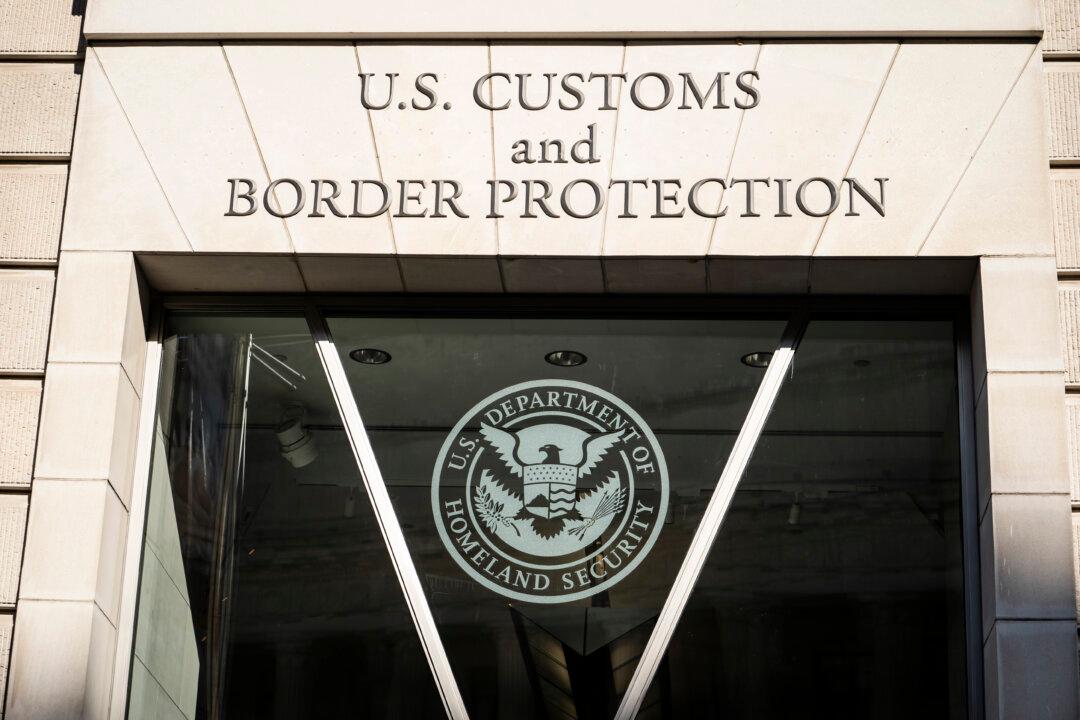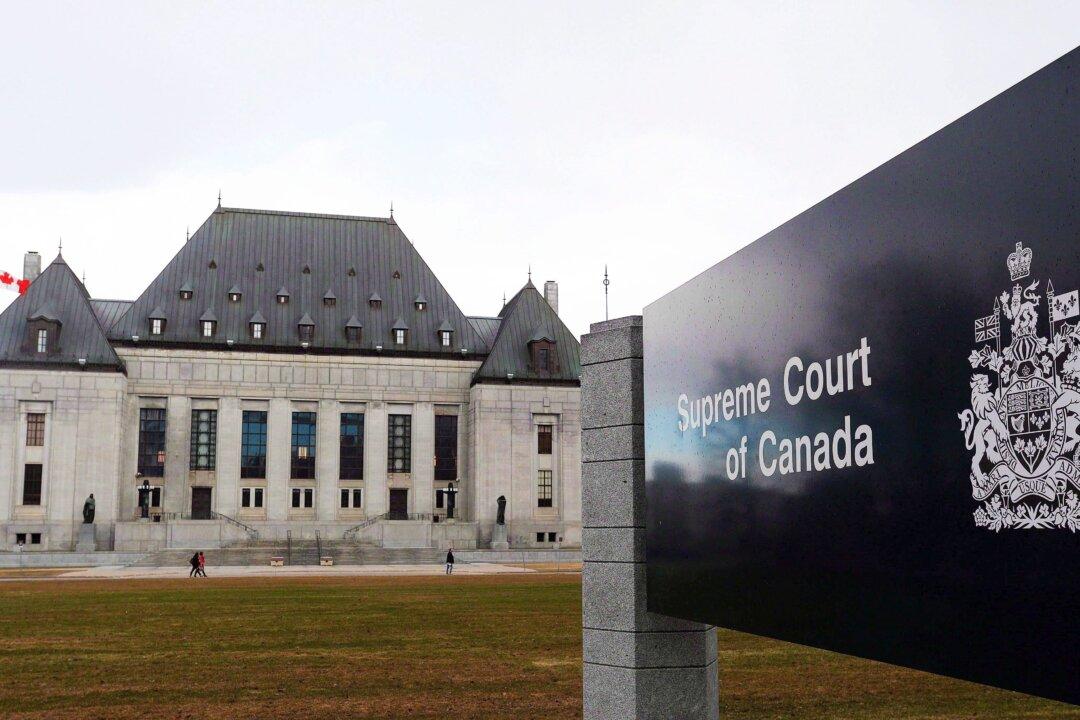Commentary
On July 26, Tamara Lich was released from jail again. Charged with mischief in February for her role in the Freedom Convoy that descended on Parliament Hill, Lich had been incarcerated on July 8 by a justice of the peace after the Crown attorney characterized her as a danger to public safety and the convoy protest as essentially the crime of the century. It was the second time Lich had been detained by lower judicial officers, and the second time her detention was overturned on review by a judge of the Superior Court. She has spent a total of 49 days behind bars on some of the least serious, non-violent charges in the Criminal Code.





